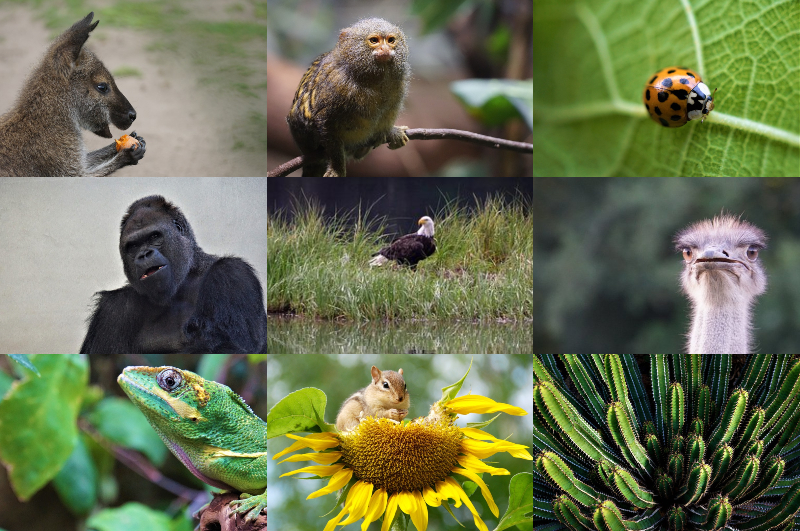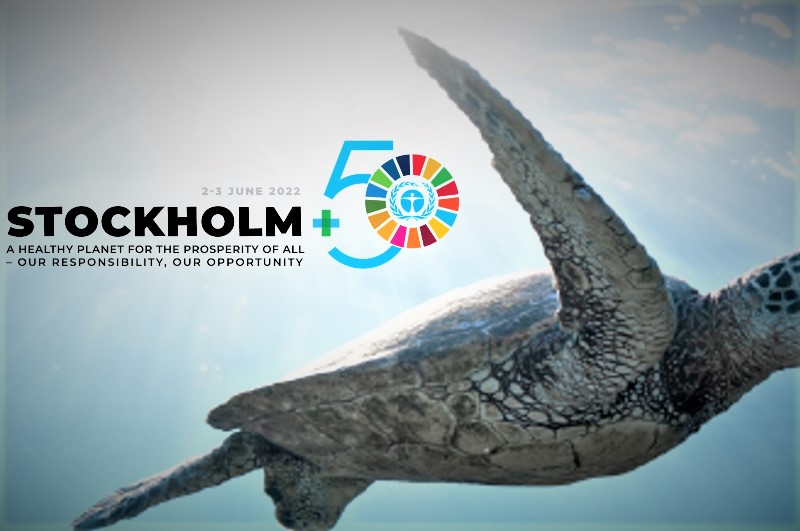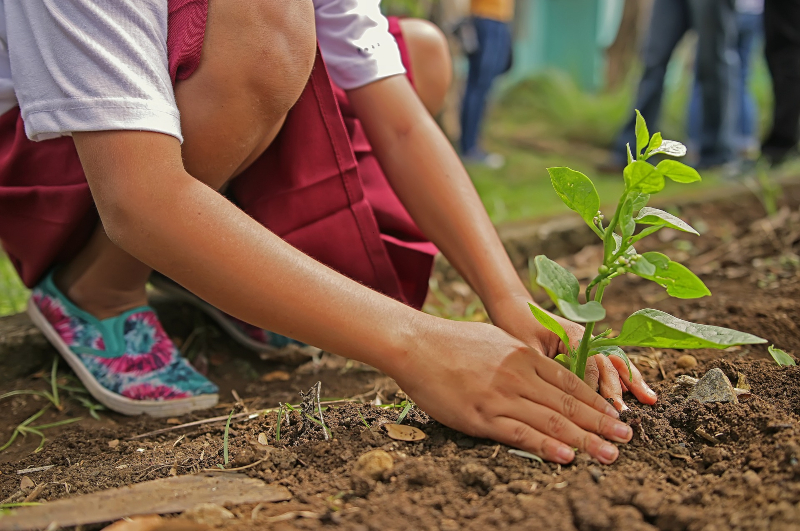


Statement by the President of the Jesuit Conference of Africa and Madagascar (JCAM) on the Occasion of World Environment Day.
Nairobi, 5th June 2021
Today the Jesuits of Africa and Madagascar join the international community in celebrating World Environment Day. We are encouraged by the solidarity shown by many countries around the world in affirming the importance of environmental action and by the ambition of this year’s host country, Pakistan, which has committed to a worthy project of afforestation, providing yet another sign of a growing momentum around the 2021–2030 UN Decade on Ecosystem Restoration.
As Christians and Catholics, we believe that God’s vision for the earth is characterized by mutual flourishing for all members of the community of Creation—human and otherwise. As Pope Francis points out in Laudato Si’, all species “give glory to God by their very existence.” Even so, we often forget “that we ourselves are dust of the earth.” We believe that our human wellbeing is intimately bound up with the health of the ecosystems of which we are apart, and we refuse to believe that social progress must also cause irreparable ecological harm. We further recognize the many connections between environmental sustainability and the global challenge presented by rising hunger and food insecurity. This is why we have chosen to host an international conference on Food Sovereignty in Sub-Saharan Africa from the 22nd–24th June 2021.
Food sovereignty (a moral vision for food systems that are environmentally sustainable, socially just, and locally accountable) cannot be achieved in the absence of ambitious action on the environment, including ecological restoration. We need healthy ecosystems in order to have productive fisheries and agriculture. There is simply no substitute for the goods of nature. And yet today, we are grieved to note that Africa is faced by both rising hunger and environmental degradation. Ironically, food production itself is often a leading source of environmental harms.
Accordingly, we propose a vision that we hope will be advanced both by today’s celebration and by our forthcoming conference, in which ecological restoration and environmental protections will also restore, protect and feed the African people. We already see this vision being made manifest by restoration projects around the African continent. We are proud to be home to the world’s largest ecological restoration project, the Great Green Wall, which is set to extend across the continent from Senegal to Djibouti, restoring degraded ecosystems and contributing to food and water security in one of the poorest parts of the world. We also note the leadership of many NGO and government actors who are working to restore East African coral reefs. These reefs stretch from Somalia to Mozambique, form the second largest barrier reef in the world and are an integral part of many coastal African peoples’ cultures and livelihoods. These efforts give us great hope.
The challenges we face, however, are immense. Both marine and freshwater fisheries are increasingly managed in a way in which, even in the pursuit of environmental sustainability, the demands of justice are ignored and the cry of the poor falls on deaf ears. Once again, in Laudato Si', Pope Francis relates the cry of the earth with the cry of the poor: “I will point to the intimate relationship between the poor and the fragility of the planet, that everything is connected…and [to] the proposal of a new lifestyle”. This cry is a metaphor Pope Francis uses to describe the pain and suffering, the experience of sadness and loss of the poor and vulnerable, calling out for relief and sympathy. The earth and the poor have equally endured these tears of lamentation. The cry is not just an expression of pain but also an appeal to responsibility. We find the use of state-sanctioned violence against small-scale fishers—including arrests, the destruction of property, and the violation of basic human rights—to be particularly disgraceful. We are also concerned by the widespread use of unsustainable agricultural practices in many regions of the continent like the use of chemical fertilisers and natural vegetation clearing, the growing threat posed by climate change, and a vision of development that seems committed to following a broken roadmap.
This World Environment Day, we pray that the African continent and the world may begin to move towards a future in which ecosystems and people thrive together, every human person has access to sufficient, sustainable, and healthy food, and the vast environmental, economic, and social inequities we see today become episodes of the past rather than inevitable conditions of the present.
FULL STATEMENT IN PDF>> {JCAM Statement on world environment day 2021}Related Articles
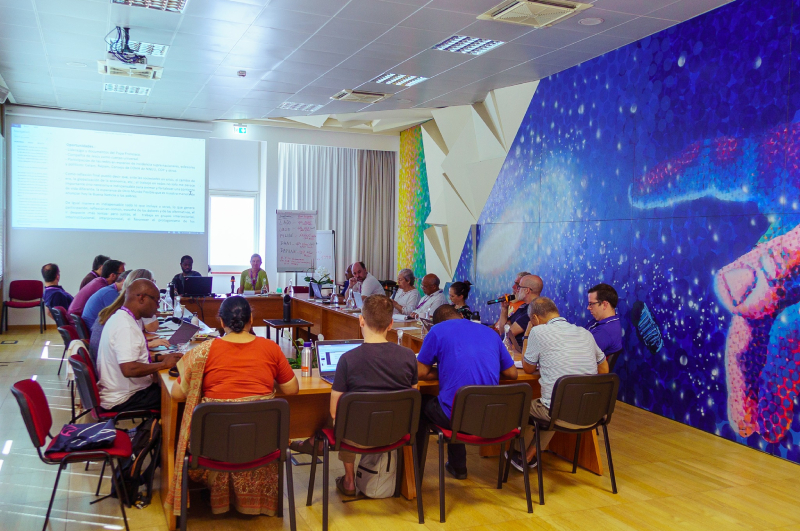
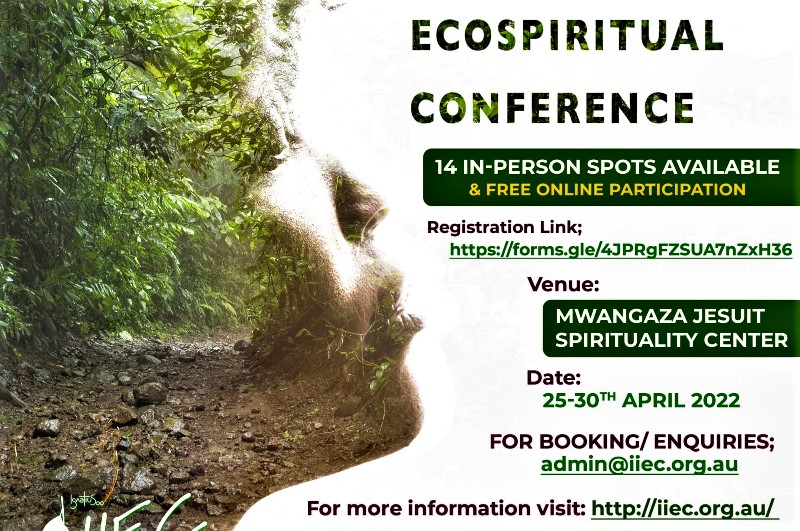
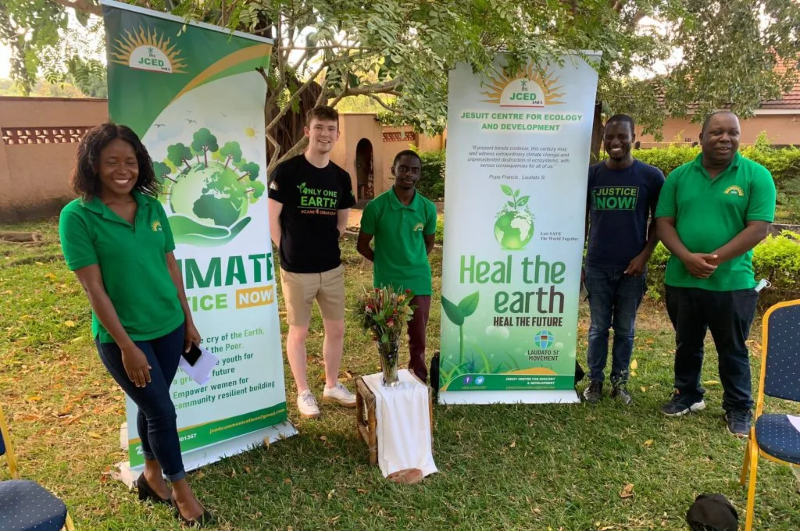
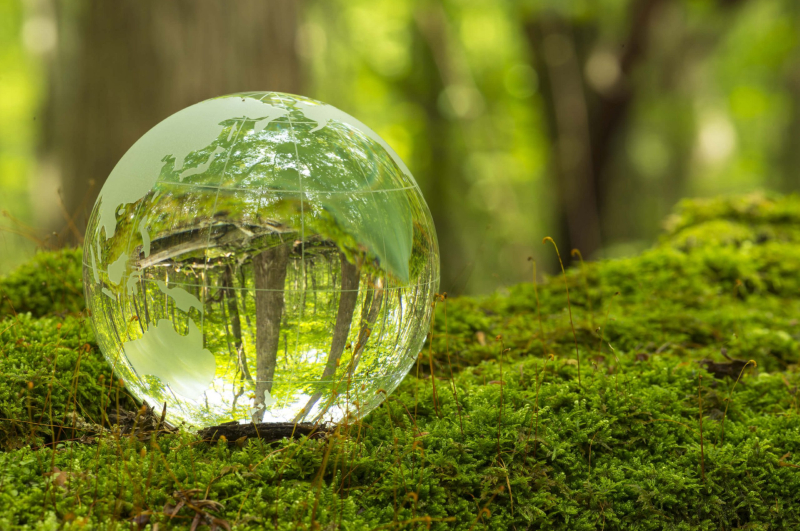
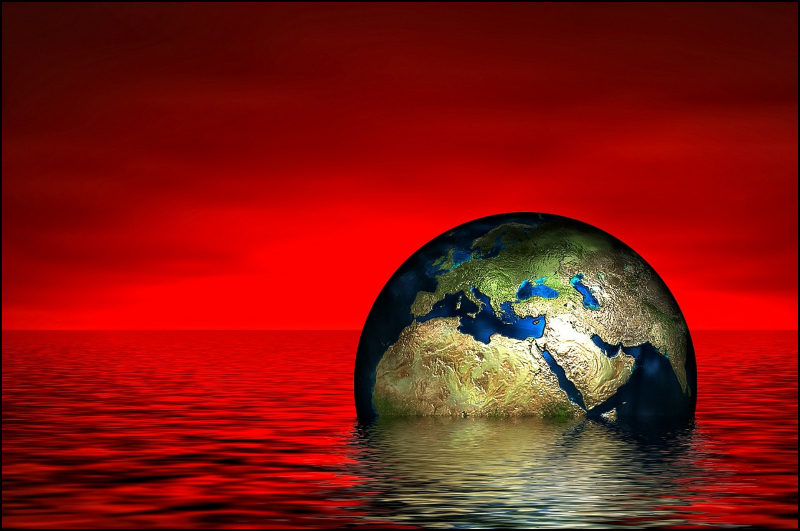
Select Payment Method
Pay by bank transfer
If you wish to make a donation by direct bank transfer please contact Fr Paul Hamill SJ treasurer@jesuits.africa. Fr Paul will get in touch with you about the best method of transfer for you and share account details with you. Donations can be one-off gifts or of any frequency; for example, you might wish to become a regular monthly donor of small amounts; that sort of reliable income can allow for very welcome forward planning in the development of the Society’s works in Africa and Madagascar.
Often it is easier to send a donation to an office within your own country and Fr Paul can advise on how that might be done. In some countries this kind of giving can also be recognised for tax relief and the necessary receipts will be issued.


